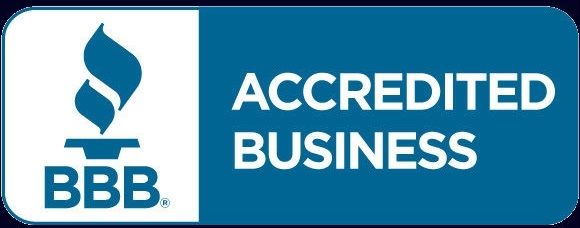Planning Ahead: Smart Financial Moves Before Year-End
Michael Valley | Sep 18 2025 15:00
As the year draws to a close, it's the perfect time to take control of your finances. We know that the list of financial to-dos can feel overwhelming, but by making proactive decisions now, you can step into the new year feeling empowered. This guide will walk you through four smart, actionable financial strategies to help bolster your financial health before December 31st.
Maximize Retirement Contributions
One of the most effective ways to improve your financial outlook is to maximize your retirement contributions. In 2025, the contribution limits are set at $23,500 for 401(k)s, with an additional $7,500 catch-up contribution if you're over 50. You'll find similar opportunities with traditional and Roth IRAs, capped at $7,000 with a $1,000 catch-up for those over 50. Taking advantage of these limits can not only help in building future wealth but also reduce your taxable income this year.
Strategize Charitable Giving
If giving back is on your agenda, consider strategic charitable donations. Options like donation bunching or using a donor-advised fund can be particularly beneficial. For those over 70½, making a Qualified Charitable Distribution (QCD) from an IRA can satisfy part of your required minimum distribution after you turn 73, offering tax benefits along the way.
Explore Roth IRA Conversions
In years when you expect to be in a lower tax bracket, a Roth IRA conversion could be a wise move. By converting part of your traditional IRA into a Roth, you can take advantage of paying taxes now rather than later, potentially at a higher rate. However, remember that Roth conversions aren't for everyone and should be part of an annual financial review tailored to your circumstances.
Fund Your HSA
Health Savings Accounts (HSAs) offer powerful tax advantages for medical and retirement savings. In 2025, individuals can contribute up to $4,300, while families can set aside $8,550. HSAs provide a triple-tax benefit—contributions are tax-deductible, grow tax-free, and withdrawals for qualified medical expenses aren't taxed, making them invaluable for both immediate and long-term planning.
Taking these steps now can significantly enhance your financial outcomes at year-end. While not all strategies may be suitable for everyone, consulting with a financial advisor or a CPA can tailor these strategies to fit your situation. Don't wait—evaluate your options and consider scheduling a financial check-in to ensure a prosperous start to the new year.

